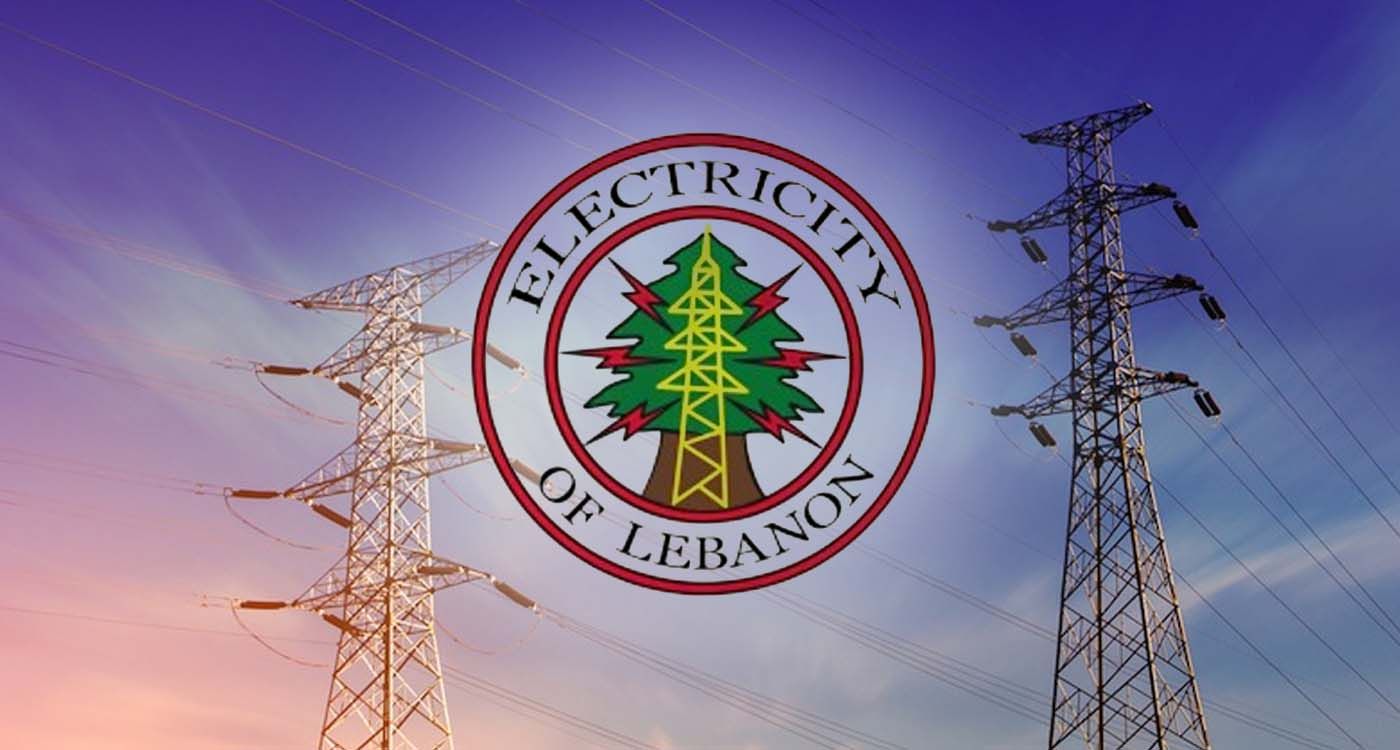
As temperatures climb, Lebanon’s electricity consumption is surging. Air conditioners are running continuously, mountain homes are back in use, and returning expats are switching fridges and water heaters back on. The meters are spinning fast. And as every summer, the same question returns: can the country’s last two operating power plants keep up? Or is Lebanon once again edging toward a nationwide blackout?
As summer sets in, the heat rises, and so does electricity consumption. According to Energy Ministry officials, consumption climbs by around 30 to 40% from winter to summer, largely due to air conditioning and the resumption of use of secondary homes. Add to that the arrival of thousands of expats, who promptly power up houses that have been shut for months. The result: demand is soaring, while supply continues to lag behind.
Two Power Plants for an Entire Nation
Today, Lebanon relies on just two operational power plants: Zahrani and Deir Ammar. Together, they deliver between 870 and 940 MW under normal conditions, about half of EDL’s installed capacity, which is around 1,800 MW. Yet in summer, demand often surpasses 3,000 MW, causing significant deficits. The margin is dangerously narrow.
The only fuel currently available comes through a swap deal with Iraq. Energy Minister Joe Saddi told This is Beirut that there are two contracts: one signed by the Lebanese government via the Ministry of Energy, and another signed directly between EDL and Iraq, involving direct payment.
For now, these agreements guarantee supply, but no alternative sources have been secured. In short, everything hinges on these deliveries, which depend on cargo ship arrivals and fuel availability.
EDL’s general manager, Kamal Hayek, acknowledges the serious challenges, but says his teams are doing their best to keep production running within the limits of available resources. In other words, “We’re making do with what we have.”
But if either plant breaks down or fuel deliveries are delayed, the risk of a blackout quickly becomes very real again.
Lebanon is preparing for a summer under severe strain, both literally and figuratively. With demand up 40%, two power plants stretched to their limits, a single fuel source and thousands of air conditioners operating continuously, the stability of the grid hangs by a thread – an overheated copper wire.
A bit of advice for the summer: keep a cold bottle of water nearby, have a hand fan on standby… and above all, stay patient.




Comments